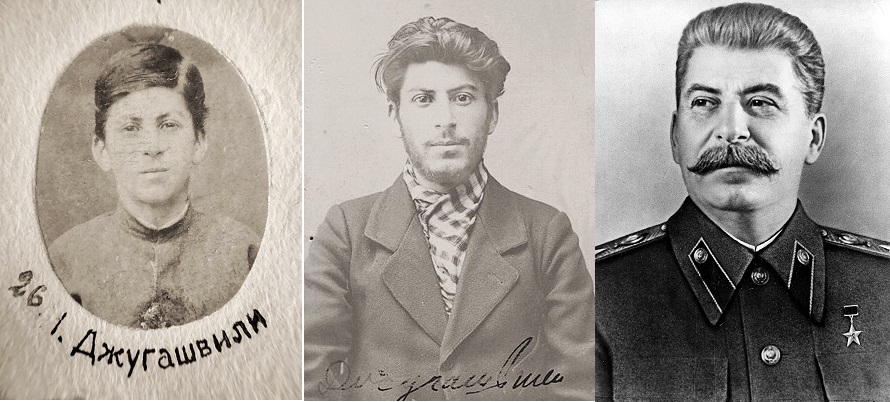
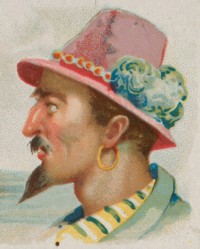
Nom de guerre is French for “war name.”
In 1716 France, a war name was mandatory, and in some ways was functionally similar to a dog tag for soldiers today. Soldiers were identified by their first name, family name, and war name. The war name was typically either the hometown or a particular physical or character trait. Examples would be Jean Louis of Paris, or Pierre Renaut the Red Haired One.
Some famous noms de guerre were chosen deliberately to the warlike, violent, or intimidating characteristics of the bearer. Pirates Captain Blackbeard and Montbard the Exterminator are examples of this.
Sometimes the alias replaced the family name.
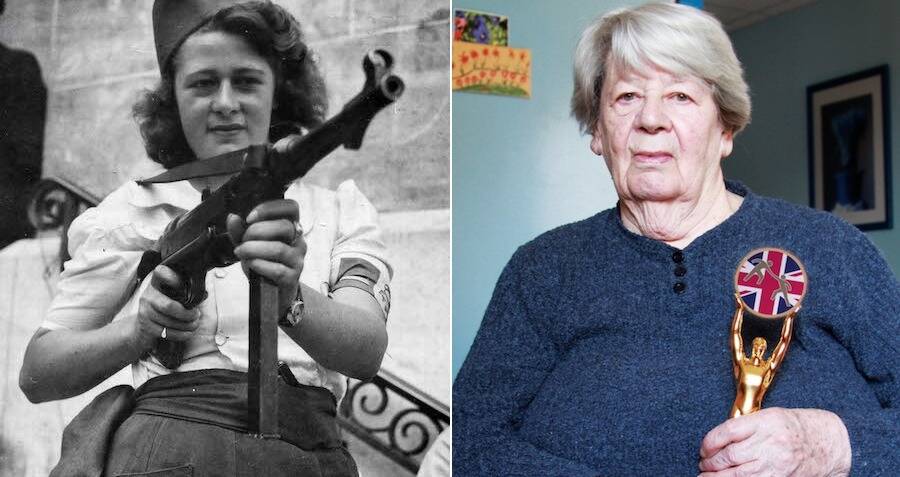
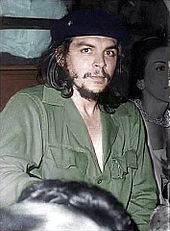
During Word War II, noms de guerre were adopted by the French Resistance for security, and to protect family members from the enemy. Today mercenaries, resistance fighters, terrorists, and guerrillas adopt war names for the same reason.
Nom de plume has retained its specific meaning of a writing name that differs from a given name. Over time, the usage of nom de guerre became much more general, such that in ordinary French today, it’s a generic descriptor, like pseudonym.
By now, soldiers and writers are a small minority of people who take different or additional names. And their reasons for doing so offer great plot points!
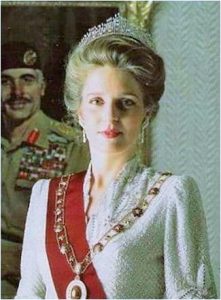
- Taking or keeping a professional name different from the family name
- Personal identity
- Wanting a less or more ethnic name
- To fit gender identification
- Simple dislike of one’s current name: too common, too outlandish, too juvenile, too likely to be embarrassing if mispronounced or misspelled, etc.
- Marriage
- Changing a name after divorce
- Husband taking wife’s name
- A couple choosing to combine parts of their names or hyphenate the two last names to make a new family name
- Partners sharing a surname
- Changing a child’s surname to mother’s, father’s, or adoptive parents’ name
- Religious reasons
- Criminal history or association
- To be more or less closely associated with a famous (or infamous) relative
- Political reasons
- Entering witness protection program

A small sample of well-known people who changed their names. If you don’t know why these people changed names, the info is available on line.

- Blackbeard the Pirate = Edward Teach
- Kareem Abdul-Jabar = Ferdinand Lewis Alcindor, Jr.
- Marilyn Monroe = Norma Jeane Mortenson, later Baker
- Che Guevara = Ernesto Guevara
- Elton John = Reginald Kenneth Dwight
- Lady Gaga = Stefani Joanne Angelina Germanotta
- Bob Dylan = Robert Allen Zimmerman
- Tina Fey = Elizabeth Samantina Fey
- Charlie Sheen = Ramón Gerardo Antonio Estévez
- Whoopi Goldberg = Caryn Elaine Johnson
- George Michael = Georgios Kyriacos Panayiotou
- Katy Perry = Katheryn Elizabeth Hudson
- Ralph Lauren = Ralph Lifshitz
- Nicki Minaj -= Onika Tanya Maraj
- Stevie Wonder = Stevland Hardaway Judkins, later Morris
- Abigail Van Buren = Pauline Esther “Popo” Phillips
- Ann Landers = Esther Pauline “Eppie” Lederer
- Ben Kingsley = Krishna Pandit Bhanji
- Elvis Costello = Declan Patrick MacManus
- Muhammad Ali = Cassius Clay
- Pope Francis = Jorge Mario Bergoglio
- Queen Noor of Jordan = Lisa Najeeb Halaby
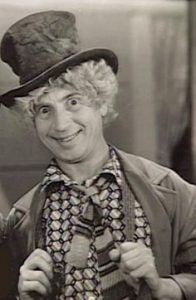
Many modern surnames have similar origins, derived from occupations, geographic origins, political or religious affiliations, or personal characteristics. Consider some of the most common family names in the world today.
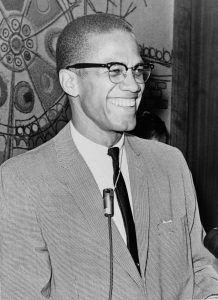
- Wang (the most common, registered surname in the world) is the Chinese word for “king,” and there are historical records of several families adopting this surname for various reasons.
- During intra-family arguments, descendants of a disgraced former royal often changed their family name to remind people of their origins.
- Local custom sometimes meant that the family of whoever was in power at the time all be addressed as “Wang.”
- Conquerors, usurpers, and invaders might change their family name to “Wang” as a way to validate their claims to the throne after the fact.
- Entirely unrelated to their Chinese name-sharers, Scandinavian and Germanic families with the surname Wang are more likely to have been associated with a grassy meadow (vangr in Old Norse) or their presumably distinctive cheeks (wangl in Middle German).
- Singh, the Sanskrit word for “lion” or “hero,” was used by Guru Gobind Singh (born Gobind Rai) to replace family names among all male Sikhs as a way of eliminating the caste system and demonstrating community equality.
- Nguyễn was a powerful Vietnamese royal dynasty, and many families adopted the name to ally with the rulers.
- Ahmed means “the highly praised one” and was one of the names of the Prophet Muhammed listed in the Quran. It was adopted by many families originally as a sign of religious devotion or of descending from the Prophet.
- Devi is both the Sanskrit word for goddess and the mother goddess in the Hindu faith. Many women, especially in rural areas today, adopt Devi as a surname when they marry.
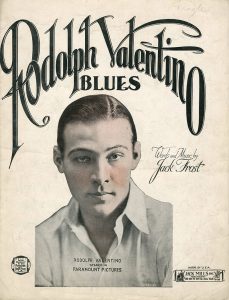
- Many of the most common surnames in the US are the result of emancipation, immigration, or assimilation.
- Former slaves were often assigned a surname shortly after Emancipation. This was often the name of a former owner, but it might also be a trade, a defining characteristic, a local landmark, a parent’s first name, or any other surname chosen by the individual. According to the 2000 Census, 90% of Americans with the surname Washington are of African descent.
- Immigrants coming through Ellis Island and Angel Island did not (as myth would have us believe) have their names changed by confused or lazy immigration officials. However, it was not uncommon for recent immigrants to the US to change their surname to one that was easier to spell with the English alphabet or to one less likely to attract anti-immigrant biases.
- Changing surnames was a means of removing identity and forcing assimilation of people already living in America before Europeans. People were assigned names, often at random, as part of the effort to break up nations and outlaw traditional identification.
Bottom line: Names carry a ton of meaning!
